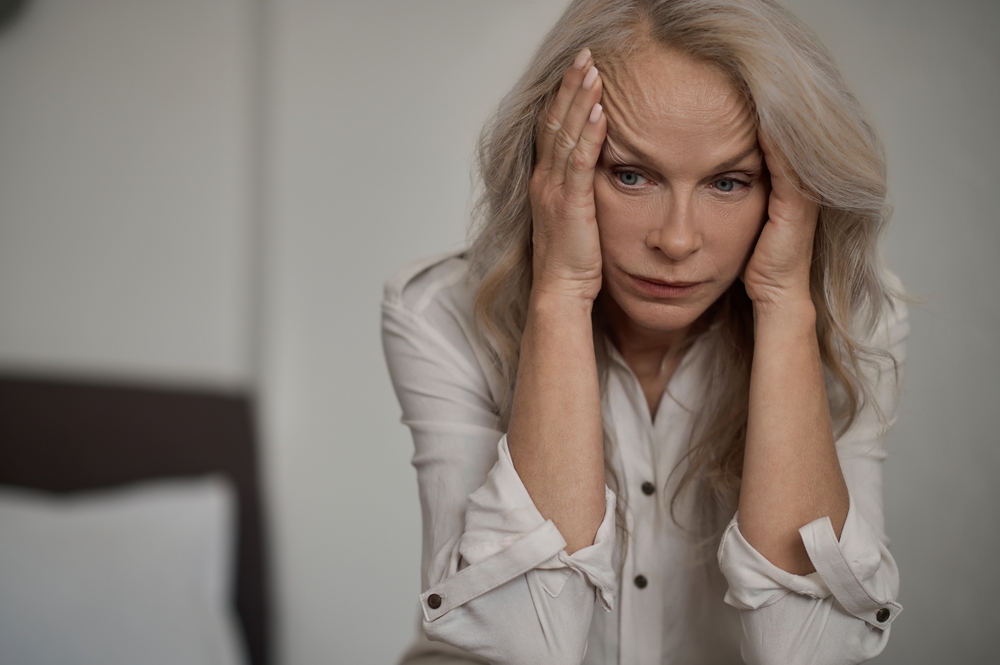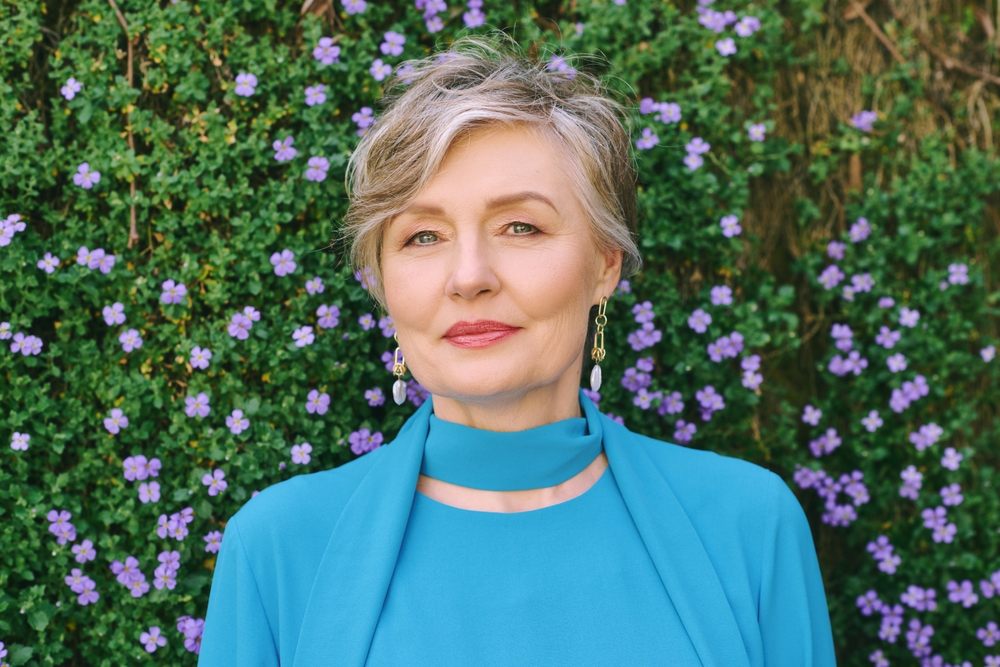We love a good love story, but let’s be honest—remarrying later in life isn’t always the happy ending people expect. The truth is, starting over in love when you’re older comes with its own set of emotional landmines, hidden compromises, and unexpected losses. It’s not just about romance; it’s about asking whether the trade-offs are worth the price.
Here are 15 reasons why remarrying later in life might not be the fairytale it’s made out to be.
1. You Might Lose Your Hard-Won Independence

By the time you’re older, you’ve built a life on your terms—habits, routines, and the freedom to make choices without compromise. As explained in a study published by the National Institutes of Health, many women who remarry later in life describe remarriage as a negotiation and redefinition of independence rather than a total loss of it. They often experience a need to renegotiate what independence means to them, balancing autonomy with the compromises that come with sharing life again.
It’s not just about logistics—it’s about identity. You’ve learned how to stand on your own, and merging lives again can feel like a step back. And that’s a loss many don’t see coming.
2. It Can Reignite Old Family Conflicts

Blending families sounds sweet on paper, but in reality, it can stir up resentment, jealousy, and boundary issues—especially when adult kids are involved. Suddenly, you’re navigating loyalty tests, inheritance tensions, and unspoken rivalries. These undercurrents can turn love into a complicated chess game.
You might end up mediating conflicts you never signed up for. It’s emotionally draining in ways you didn’t expect. And it can strain your relationship in quiet, corrosive ways.
3. You Risk Losing Independent Financial Stability

Remarriage later in life can impact everything from retirement savings to Social Security benefits. Sharing assets can introduce legal and financial entanglements that put your long-term security at risk. What looks like love can quickly turn into a financial mess.
Money conversations are often avoided in romance, but they matter more than ever as you age. According to Investec Wealth & Investment, many women over 55 take steps to keep their assets separate when remarrying to protect their financial wellbeing, highlighting how financial considerations often influence the decision to remarry and the risks of combining assets without proper planning. You might not realize how much you stand to lose until it’s too late. And that financial fallout can reshape your future in ways you never planned for.
4. The Emotional Baggage Is Heavier Than You Think

By midlife, everyone carries a lifetime of emotional scars—losses, betrayals, disappointments—that don’t magically vanish when you say “I do” again. Remarrying often brings two fully-formed lives together, and that means navigating grief, resentment, and old wounds. It’s not a fresh start—it’s a complicated overlap.
You can’t outrun the past by creating a new future. Those ghosts don’t just disappear—they show up in the quiet moments. And unless you’re both willing to unpack them, they will haunt your relationship.
5. Passion Can Feel Forced

Research by Nathaniel M. Lambert from the National Healthy Marriage Resource Center provides an extensive review of marriage in later life, noting that passion often shifts toward shared values and emotional closeness rather than raw chemistry, which can make intimacy feel more like a negotiated effort than spontaneous desire
6. It’s Easy To Slip Into Caregiver Dynamics

When health issues come into play, love can blur into obligation. Suddenly, you’re not partners—you’re patient and nurse, and that dynamic can quietly erode romance. You may have signed up for companionship, not caregiving, but life doesn’t always give you that choice.
The weight of those roles can leave you feeling trapped. As confirmed by the National Institutes of Health (NIH), caregiving often introduces new stressors that change the relationship dynamic, leading to a loss of equality and emotional strain that is rarely discussed but profoundly impacts both partners.
7. Your Time Feels Less Like Yours

This isn’t about selfishness—it’s about agency. Your solo life gave you space to breathe. And giving that up isn’t always the dream it’s made out to be.
8. The Pressure To Blend Families Can Be Overwhelming

Later-in-life remarriage often means blending not just families, but legacies—and that’s a complicated, emotionally loaded process. There’s an unspoken pressure to “make it work,” even when relationships feel strained or forced. It’s not just about two people falling in love—it’s about managing a whole ecosystem of expectations.
Trying to please everyone becomes exhausting. And that pressure can quietly chip away at the intimacy you hoped to build.
9. You May Have To Sacrifice Some Friendships

Couples’ culture is real, and sometimes remarriage shifts the dynamic of your long-standing friendships. Friends who loved your independence may feel alienated, or their insecurities might surface when you re-partner. The social ecosystem you built as a single person can feel like it’s slipping away.
You didn’t mean to choose one over the other, but that’s how it can feel. And the quiet loss of friendship often goes unspoken until it’s too late.
10. You Can’t Recreate The First-Time Magic

Remarrying later in life often carries the expectation that it’ll feel like falling in love all over again—but it rarely does. The innocence, spontaneity, and intensity of a first marriage can’t be replicated when you’ve already lived through so much. It’s not worse, but it’s different—and that difference can feel like a subtle letdown.
It’s easy to romanticize a fresh start, but love in midlife is more measured, more cautious. And sometimes, that lack of spark feels like an unspoken loss.
11. You Can End Up Feeling More Alone

Being married doesn’t always mean feeling connected. If the partnership becomes emotionally distant, it can amplify feelings of isolation, especially when you gave up a peaceful single life to be in it. That loneliness hits harder when you’re technically “not alone.”
You may start questioning why you signed up for this in the first place. And the answer can feel painfully unclear.
12. You Risk Losing The Freedom To Reinvent Yourself

Later-life marriage can unintentionally lock you into old patterns—domestic routines, caretaking roles, or family expectations that no longer serve you. Instead of exploring new chapters, you end up tethered to someone else’s comfort zone. That quiet loss of possibility is rarely acknowledged.
Freedom is one of the greatest gifts of midlife. And giving it up for love can feel like a high-stakes trade.
13. You Might Feel Like You’re Living Someone Else’s Life

Blending lives often means bending to someone else’s lifestyle—where they want to live, how they spend money, even what holidays they celebrate. Over time, you can feel like a supporting character in someone else’s story. That slow erosion of self is insidious.
It’s not about compromise—it’s about losing your core identity. And that loss can sneak up on you before you realize it.
14. There’s Less Time To Course-Correct If Things Go Wrong

In your 20s or 30s, a failed marriage feels like a life lesson—but later in life, the stakes feel higher. Time feels more precious, and the energy to start over again is harder to summon. If things unravel, the cost—emotionally and practically—can feel overwhelming.
This reality creates a pressure that can make you stay in an unhappy situation longer than you should. And it makes taking the leap in the first place feel more like a gamble.
15. You Might Realize You Were Already Whole Without A Partner

The biggest surprise of all? You might discover that the life you built for yourself—independent, self-defined, and unencumbered—is more fulfilling than you thought. Love is beautiful, but it’s not the only way to feel complete. You don’t have to remarry to prove you’re worthy of connection.
Staying single isn’t a failure—it’s a quiet, radical choice. And it can be the most empowering decision you ever make.
Natasha is a seasoned lifestyle journalist and editor based in New York City. Originally from Sydney, during a stellar two-decade career, she has reported on the latest lifestyle news and trends for major media brands including Elle and Grazia.


